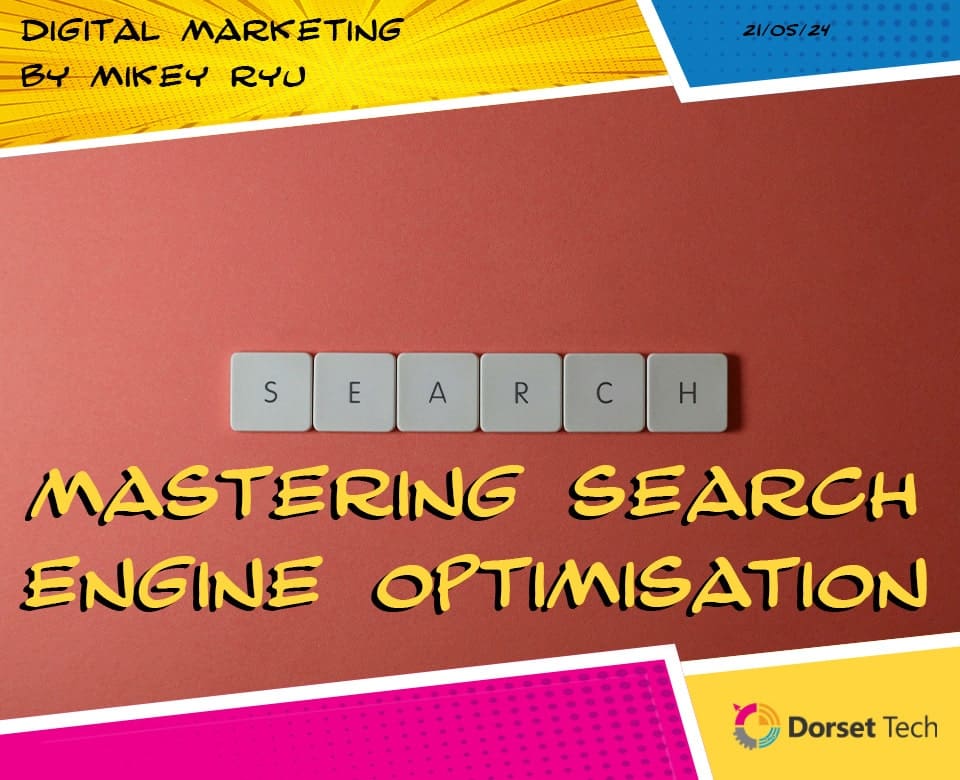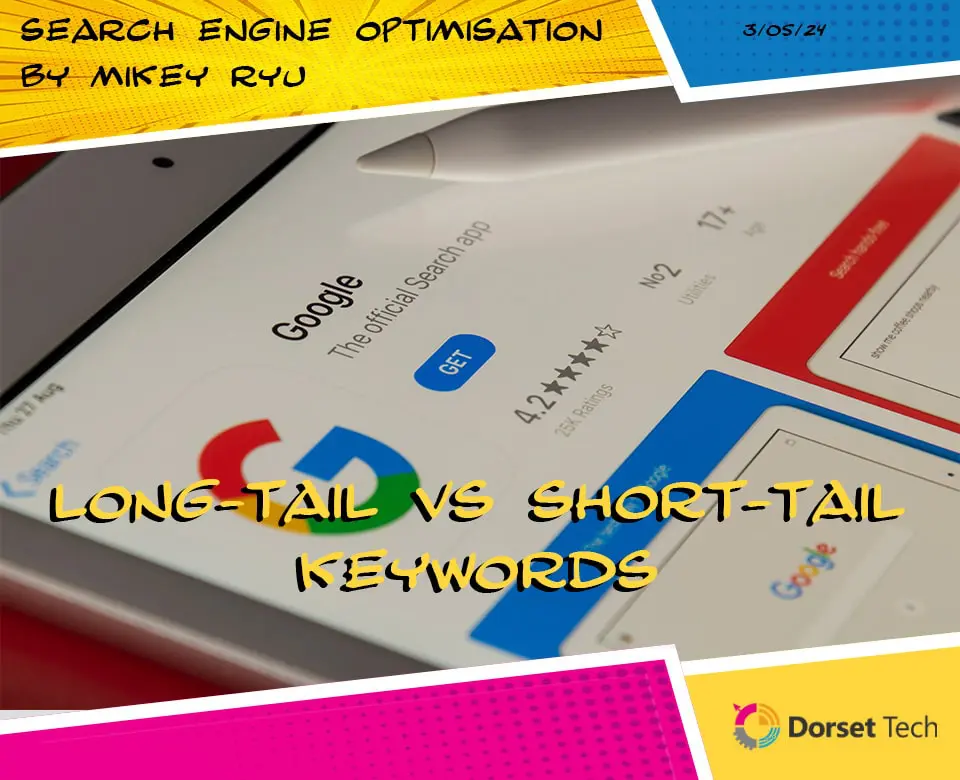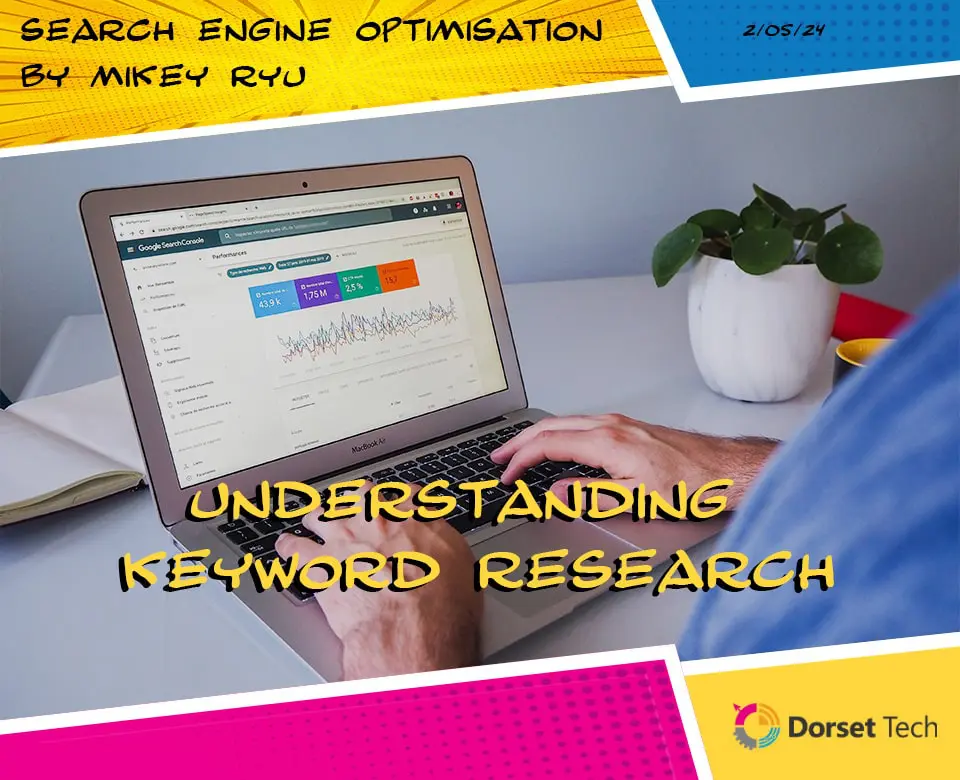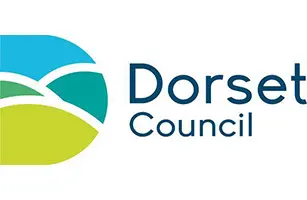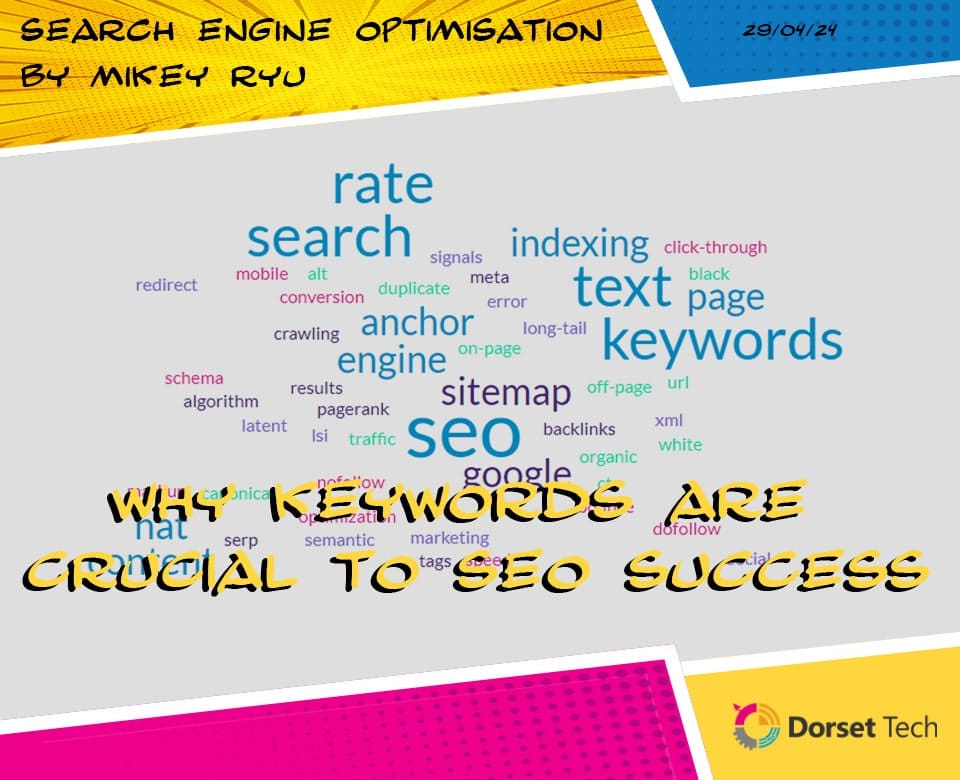
Why Keywords Are Crucial to SEO Success
In the ever-evolving landscape of digital marketing, search engine optimisation (SEO) remains a vital component for businesses striving to enhance their online visibility and reach their target audience. At the core of SEO lies the strategic use of keywords—words and phrases that users enter into search engines—to optimise website content and improve rankings. In this blog post, we’ll delve into the importance of keywords in SEO, exploring their role in search intent, the fundamentals of keyword research, the distinction between long-tail and short-tail keywords, how to optimise keywords effectively, and their impact on on-page SEO.
Introduction to Keywords in SEO
Keywords serve as the foundation of SEO, acting as the bridge between what users are searching for and the content that businesses provide. When users enter a query into a search engine, the search algorithm analyses the keywords within the query and matches them with relevant content across the web. By strategically incorporating these keywords into their website content, businesses can increase the likelihood of their pages appearing in search engine results pages (SERPs) and attracting organic traffic.
Why Keywords Matter in Search Engine Optimisation
Keywords are the linchpin of SEO success for several reasons. Firstly, they help search engines understand the context and relevance of web pages, enabling them to deliver the most accurate and useful results to users. Secondly, keywords act as signposts for users, guiding them to content that addresses their specific needs, questions, or interests. Finally, keywords play a crucial role in establishing website authority and credibility, as search engines prioritise pages that demonstrate expertise on particular topics through keyword optimisation.
The Role of Keywords in Search Intent
Understanding search intent—the underlying motivation behind a user’s search query—is essential for effective keyword optimisation. By aligning keywords with the intent behind user searches, businesses can create content that satisfies user needs and delivers value. Search intent typically falls into four categories: informational (seeking answers or information), navigational (looking for a specific website or page), transactional (seeking to make a purchase or take a specific action), and commercial investigation (researching products or services before making a decision). Tailoring keyword strategies to match these intents ensures that businesses attract the right audience and drive meaningful engagement
Understanding Keyword Research: Foundation of SEO
Keyword research lays the groundwork for successful SEO campaigns, providing insights into the terms and phrases users are searching for about a business’s products, services, or industry. By conducting comprehensive keyword research, businesses can identify high-value keywords with significant search volume and manageable competition. Tools such as Google Keyword Planner, SEMrush, and Moz Keyword Explorer are invaluable for discovering relevant keywords, analysing search volume and competition, and uncovering opportunities for optimisation.
Long-Tail vs. Short-Tail Keywords: Which to Target?
In keyword optimisation, businesses must consider the distinction between long-tail and short-tail keywords and determine which to target based on their specific goals and audience. Short-tail keywords are broad terms with high search volume and intense competition, such as “digital marketing.” Long-tail keywords, on the other hand, are more specific phrases with lower search volume but higher conversion potential, such as “digital marketing agency in New York.” While short-tail keywords attract more traffic, long-tail keywords often yield higher-quality leads and conversions due to their specificity.
Keyword Optimisation: Where and How to Use Keywords
Strategic placement of keywords throughout website content is essential for effective optimisation. Keywords should be incorporated naturally and seamlessly into various elements, including page titles, meta descriptions, headings, body content, image alt text, and URLs. However, it’s crucial to avoid keyword stuffing—overloading content with excessive keywords in an attempt to manipulate search rankings. Instead, focus on creating high-quality, valuable content that addresses user queries and incorporates keywords in a relevant and organic manner.
The Impact of Keywords on On-Page SEO
Keywords play a central role in on-page SEO—the optimisation of individual web pages to improve their visibility and rankings in search results. By optimising on-page elements such as title tags, meta descriptions, headers, and body content with relevant keywords, businesses can signal to search engines the topic and relevance of their pages. Additionally, incorporating keywords into internal links and anchor text helps search engines understand the interrelationships between different pages within a website, further enhancing SEO performance.
In conclusion, keywords are fundamental to SEO success, serving as the cornerstone of effective optimisation strategies. By understanding the role of keywords in search intent, conducting thorough keyword research, targeting the right mix of long-tail and short-tail keywords, strategically optimising content, and leveraging keywords for on-page SEO, businesses can improve their online visibility, attract qualified traffic, and achieve sustainable growth in the digital landscape. So embrace the power of keywords in your SEO efforts and unlock the potential to reach and engage your target audience effectively.


